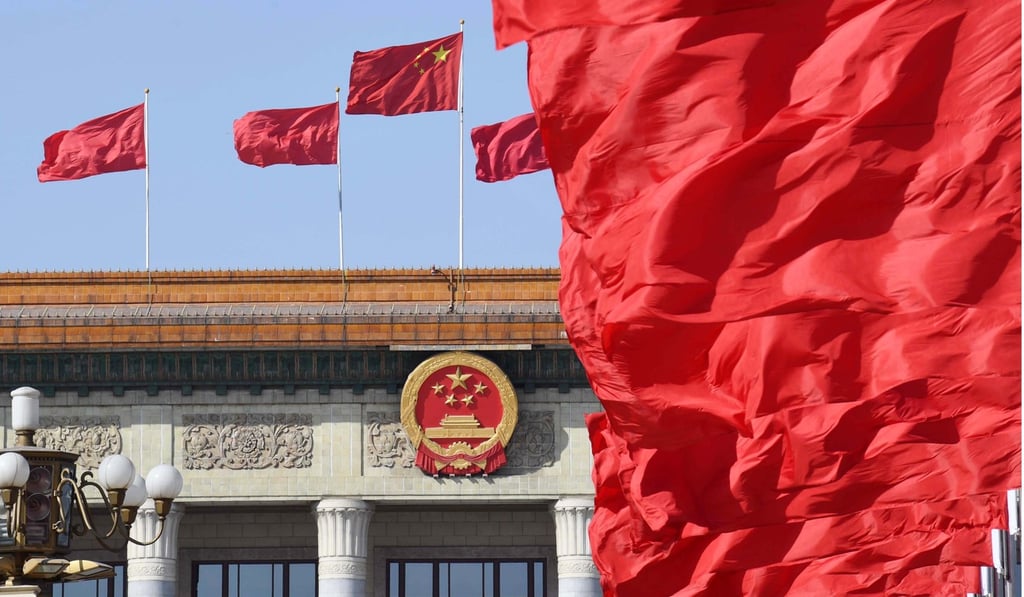Opinion | Huaren or huaqiao? Beijing respects the difference and is not coercing foreigners to toe its line
- Beijing has taken great care to tailor distinct policies for both its citizens overseas and Chinese descendants of foreign nationality
- The former are subject to China’s domestic policies while the latter come under foreign affairs, and Beijing is careful not to blur the distinction

How China handles its diaspora receives greater scrutiny than the diaspora issues of other countries, such as India, Israel and Ireland. With an estimated population of 60 million ethnic Chinese abroad, the group is a global phenomenon. Beijing is in the unique and complicated position of being intimately identified with its diaspora to the extent that both are sometimes treated as an inseparable whole or mistaken one for the other.
But a primary consideration that guides diaspora policy is the distinction between the huaqiao and the huaren, each with their own legal and political distinctions. The huaqiao are citizens of China living abroad. The huaren are foreign citizens who are Chinese by descent and ethnicity. This distinction is active, fluid and constantly evolving, with many people straddling the line.
The Chinese government has been careful to ensure the two groups fall into different policy domains: the huaqiao are subject to China’s domestic policymaking, while the huaren come under the purview of China’s foreign affairs apparatus.

There have been controversial suggestions that China is blurring the boundaries between the huaqiao and the huaren. But it is not official policy to obscure the line. Rather, Beijing is acutely aware of the complexity of the issue and is very cautious about departing from the distinction.
“Beijing both creates and governs the Chinese diaspora without directly challenging the sovereignty of other countries or giving overt reasons for concern about the loyalty of the Chinese diaspora,” says Aarhus University scholar Mette Thuno. “China breaks with the Westphalian principle of congruence between territory, sovereignty, population and political authority, while introducing new ways of conceptualising citizenship and national belonging.”
